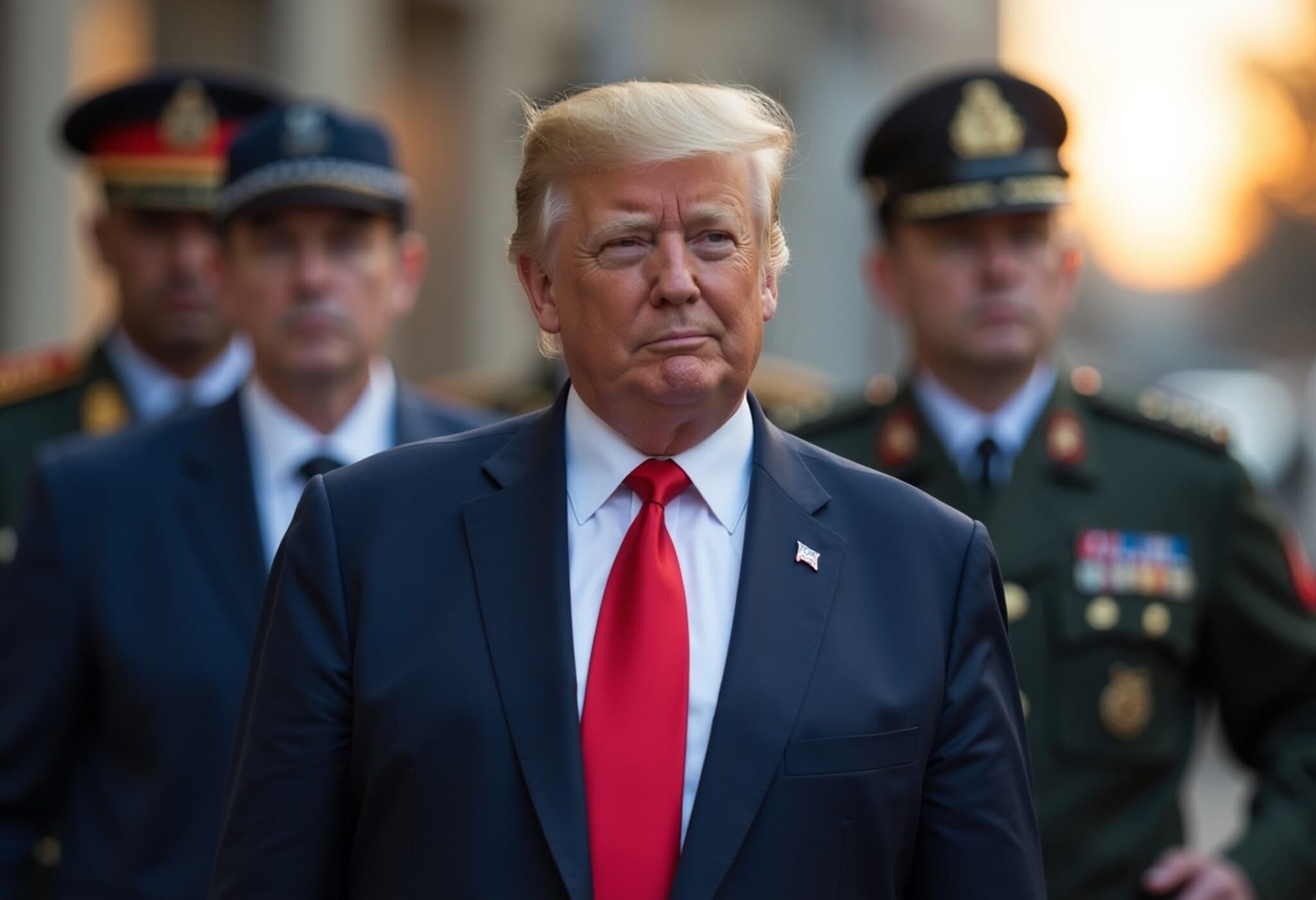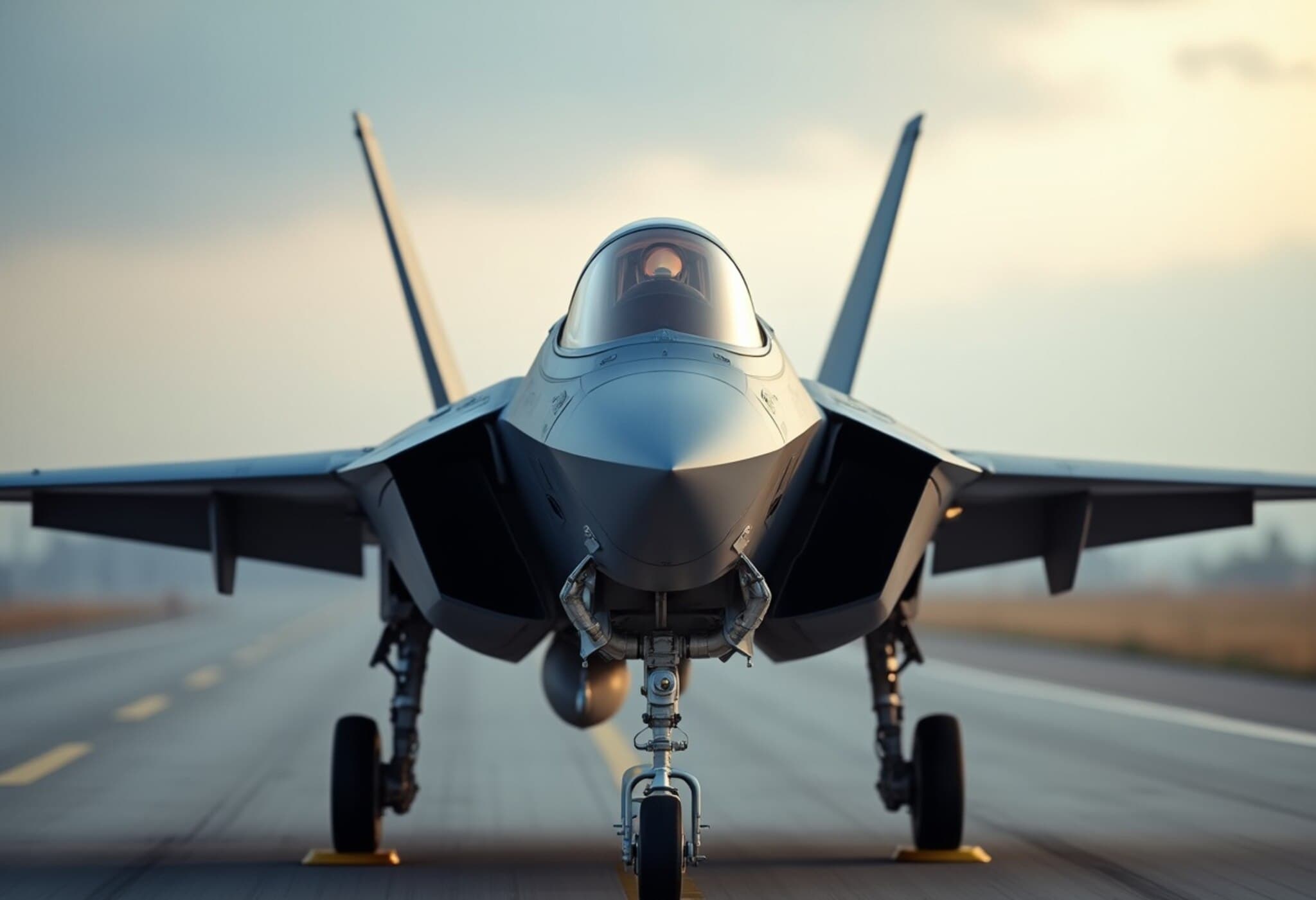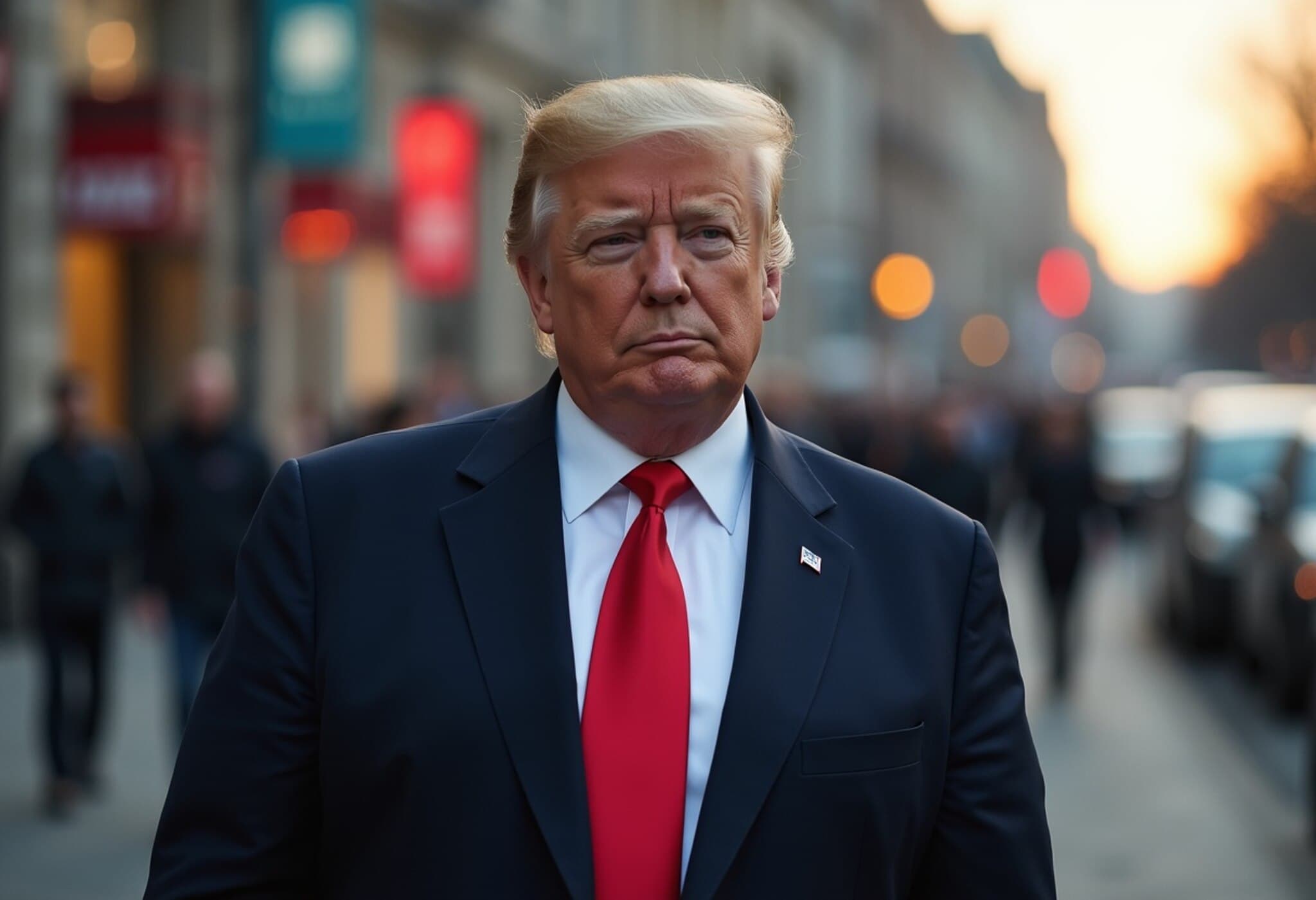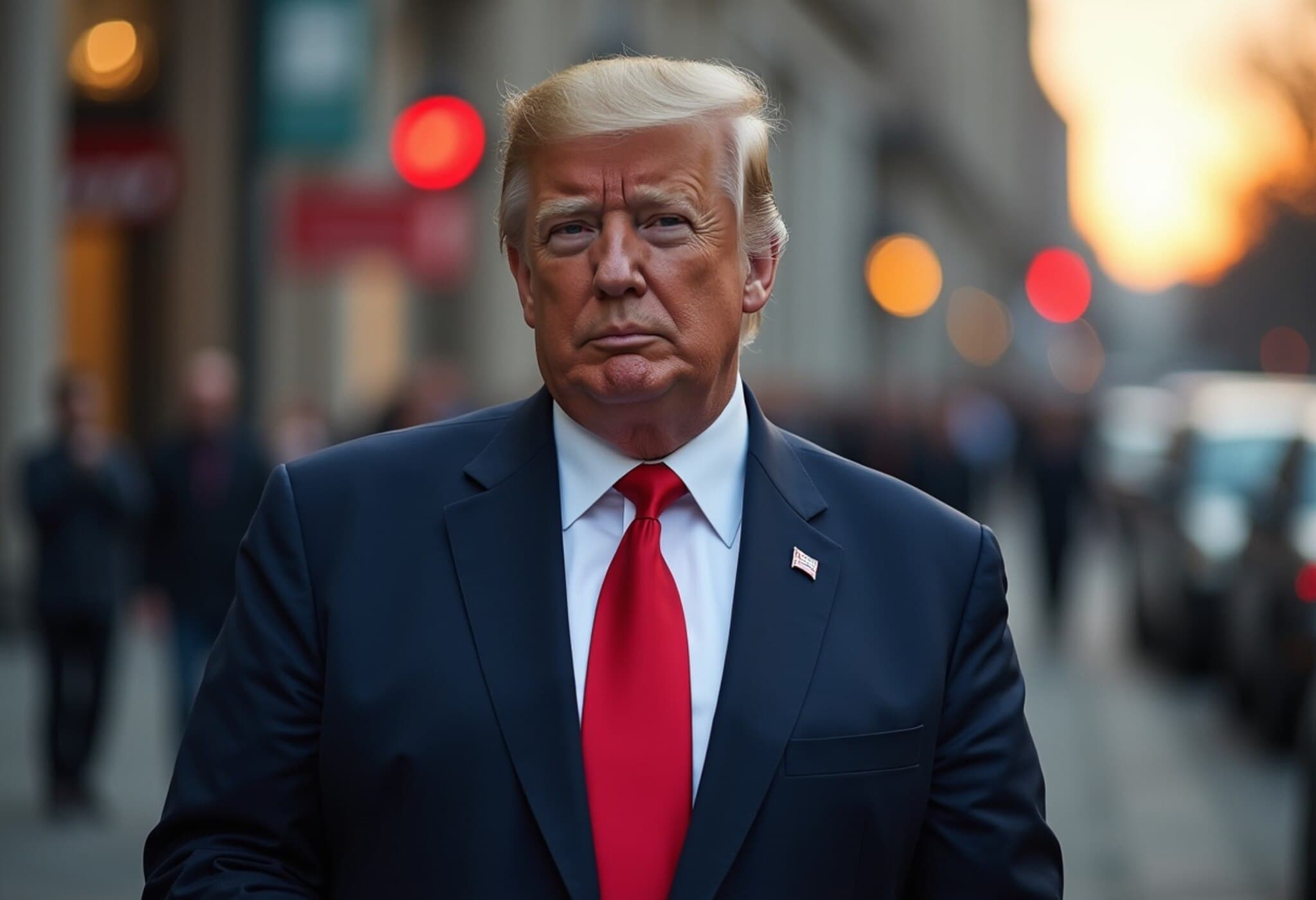Yemen’s Digital Black Market: Arms Trade Flourishes on Social Media Platforms
A deep-dive investigation by the Tech Transparency Project (TTP) has unveiled a disturbing trend: Yemen-based arms traffickers, seemingly linked to or supportive of the Houthi militia, are openly leveraging popular social media platforms — notably X (formerly Twitter) and WhatsApp Business — to advertise and potentially sell US- and Russian-origin military-grade weapons.
Scope of the Investigation
TTP identified over 130 active X accounts based in Yemen posting high-resolution images and videos of weapons for sale. These include assault rifles, rocket-propelled grenades, and sophisticated US military equipment. Many posts prominently displayed the Houthi insignia bearing inflammatory slogans such as “God is great, Death to America, death to Israel.”
- New accounts surge post-October 2022: 61% of these profiles emerged after Elon Musk acquired X, suggesting an environment conducive to illicit trade.
- Active arms trading: Nearly 60% have engaged in promotions or sales within the past six months.
- Pricing highlights: AK-47s appear from $1,500, with Yemeni-manufactured variants claimed to outperform Russian originals.
US Military Weapons in the Crosshairs
Among the most eye-opening revelations are weapons marked "PROPERTY OF US GOVT" or "NATO" — evidence of US military gear circulating in Yemen’s conflict zones. This includes M4 carbines equipped with grenade launchers, ballistic helmets, and night-vision goggles offered for as much as $10,000.
Intriguingly, high-end rifles like the LWRC International M6 are also advertised, described by vendors as "a weapon that needs no description," illustrating a sophisticated trade catering to connoisseurs of military hardware.
The Russian Connection and Houthi Networks
Russian-made arms are just as prevalent, with sellers promoting RPG-7 launchers and AK-47 models. While direct verification remains challenging, US Treasury sanctions on Houthi operatives have previously linked these groups to Russian arms procurement, highlighting a complex international nexus feeding Yemen’s conflict.
Platform Policies Versus Reality on X
X’s official rules forbid the sale or promotion of weapons and ban affiliations with terrorist groups. Despite this, many identified accounts enjoy features typically reserved for paid professional users, including "tip jars" and enhanced analytics, pointing to a lack of effective enforcement.
- Over 50 accounts categorize themselves as "Gun Store" or "Commercial & Industrial," signaling semi-professional operations.
- X’s ad system appears to inadvertently monetize these posts, with ads from prominent entities appearing alongside weapon offers — raising ethical and reputational concerns for the platform.
WhatsApp: A Hidden Marketplace
Alibaba-style storefronts flourish within WhatsApp Business profiles linked to many of these X accounts. Seventy percent feature detailed product catalogs showcasing firearms, including sniper rifles and pistols adorned with US symbols.
Despite Meta’s stated policies against firearms sales, and its claim to review all WhatsApp catalogs, TTP’s research indicates glaring gaps in oversight, exposing how encrypted messaging platforms can become conduits for arms trafficking under the guise of legitimate business.
Broader Implications and Underreported Questions
This digital arms trade underscores the challenges faced by social media platforms in policing illicit activities while balancing privacy and free speech. It also sheds light on Yemen’s protracted conflict where foreign-sourced weapons exacerbate cycles of violence, impeding peace efforts.
- How do arms sold on open platforms influence regional stability, especially given US sanctions and embargoes?
- What legal responsibilities do tech companies bear when their services become vectors for illegal arms sales?
- Could enhanced international cyber monitoring and cooperation curb these covert transactions?
Expert Insight
From a security policy perspective, these findings expose a paradox: tech companies, often heralded as champions of innovation and connectivity, can inadvertently facilitate dangerous arms flows fueling conflict zones. The digital marketplace’s rapid evolution demands equally agile regulatory frameworks and enforcement mechanisms, both domestically in the US and globally.
Moreover, the presence of US-branded weapons points to vulnerabilities in military equipment tracking and end-use monitoring, raising critical questions about how such arms exit official supply chains and find their way into conflict theaters.
Editor’s Note
The infiltration of illicit arms sales into mainstream social platforms highlights the complex entanglement of technology, conflict, and geopolitics. As these digital bazaars thrive in war-torn regions, they challenge policymakers, tech firms, and international watchdogs to rethink enforcement, transparency, and accountability. Readers are encouraged to consider the broader impacts of unchecked online arms trafficking and the role each stakeholder must play in curbing this shadow economy.



















